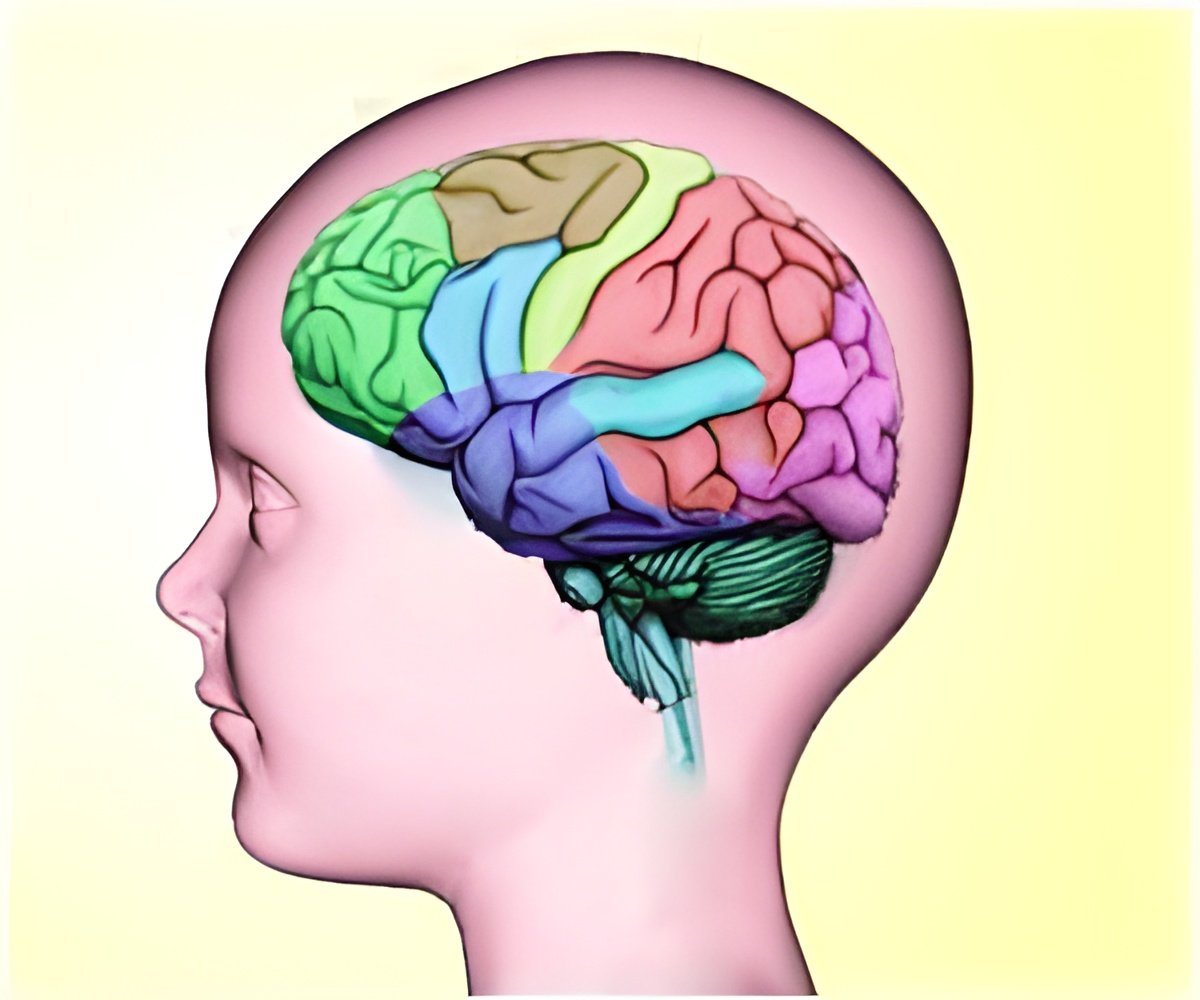
‘Childhood epilepsy may have improved treatment and care when its genetic causes are identified.
’
Tweet it Now
Recurrent seizures often comprise of brief episodes of involuntary movement of a part of the body (partial) or the entire body (generalized) with/without loss of consciousness and control of bowel or bladder function. Most childhood-onset epilepsies are known to be caused by genetic changes. However, the exact cause for this is unknown. The present study anticipates that recognizing the genetic changes of epilepsy may aid in designing the tailored treatment that can be targeted to their specific genetic alteration.
Genetic Cause for Epilepsy
The study team analyzed 290 children born between 2006-2011. The children had a diagnosis of epilepsy or presented with high fever along with seizures (both prolonged and clustering febrile seizures). They were followed up in 2015 and underwent genetic testing after obtaining informed consent.
“We found a genetic cause in half of those tested and also that half of those again could receive a tailored treatment. We hope that drug companies and the scientific community will be able to produce new drugs or repurpose existing ones that may be being used to treat entirely unrelated conditions to improve precision treatment possibilities for those for whom this is currently not available,” says Dr. Allan Bayat, MD, a consultant in pediatric neurology at the Danish Epilepsy Centre, Dianalund, Denmark.
Advertisement
“Getting a genetic diagnosis is of great importance for the children and the families. It provides an explanation and certainty, and it enables a more targeted genetic counseling, including knowledge about the prognosis and recurrence risk. Furthermore, it allows the subject and families to enter gene-specific networks of families with the same genetic condition,” says, Dr. Bayat.
Advertisement














